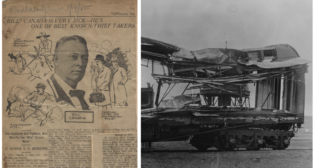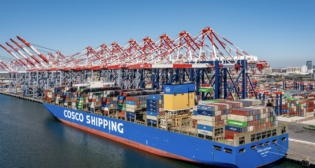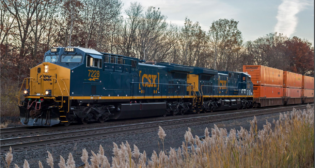
AAR pans STB review of coal rail rates
Written by Douglas John BowenThe Association of American Railroads Wednesday took issue with a decision by the Surface Transportation Board, issued Tuesday, "not to factor into their review of coal rail rates product and geographic competition information affecting wholesale power markets."
In response, AAR President and CEO Edward R. Hamberger, in a statement, said, “We simply do not understand how the STB can refuse to acknowledge that the way Americans are getting their electricity is changing. The electric generating marketplace is undergoing a powerful transformation that the STB decision doesn’t take into account. The availability and low price of natural gas are greatly influencing what kind of energy is being used today by electric utilities.
“It is deeply troubling that the STB decision ignores what economists, energy analysts, and power companies already know: natural gas is displacing coal as the fuel for making electricity,” Hamberger said. “This decision not to consider the effect indirect competition has on coal rail rates seems to say the STB is siding with shippers who complain the loudest.”
STB has jurisdiction over rail rates only where a carrier does not face effective competition. Where railroads face effective competition, current law allows the market to determine the level of rail rates—and, says AAR, the shift in U.S. energy production reflects market forces in place and at work.
In a Nov.19, 2012 petition to STB, AAR asserted that nearly two-thirds of all rate cases during the last 15 years involved coal and, therefore, justifies the need to reassess the realities of today’s energy market and energy fuel sources when deciding whether or not to review rail rates for coal.
STB said it in part “found that any hardship would not be substantial because shippers that have effective indirect alternatives would be unlikely to pursue a rate challenge, and because a rate level constrained by effective indirect competition would be found to be reasonable.”



